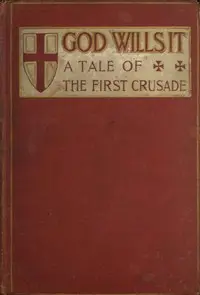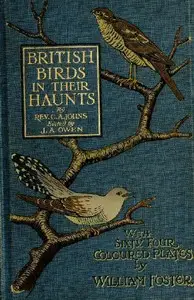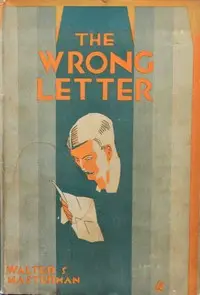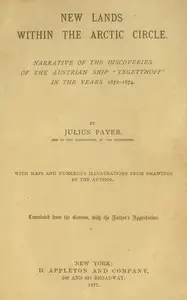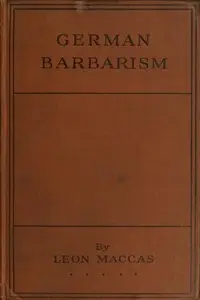"Number 70, Berlin: A Story of Britain's Peril" by William Le Queux is a historical novel written in the early 20th century, likely during the tumultuous period of World War I. The story revolves around Jack Sainsbury, an employee who inadvertently uncovers a conspiracy involving his wealthy and seemingly patriotic employers, Lewin Rodwell and Sir Boyle Huntley. As Sainsbury grapples with the implications of what he has overheard regarding enemy espionage, the narrative explores themes of loyalty, betrayal, and the murky moral dilemmas faced during war. At the start of the novel, the tension is introduced through a conversation between Rodwell and Huntley, who are concerned about a young employee named Sainsbury potentially overhearing sensitive information. They plot to dispose of him, raising suspicion about their true motives. The scene then shifts to Sainsbury, who, while in love with Elise Shearman, senses something sinister in Rodwell’s dismissive remarks and sudden actions. The revelation of a high-stakes conspiracy soon follows, involving espionage and the shadowy underbelly of wartime society, as Sainsbury is thrust into a perilous situation where the safety of the British Empire hangs in the balance. (This is an automatically generated summary.)

Number 70, Berlin: A Story of Britain's Peril
By William Le Queux
"Number 70, Berlin: A Story of Britain's Peril" by William Le Queux is a historical novel written in the early 20th century, likely during the tumultu...
William Tufnell Le Queux was an Anglo-French journalist and writer. He was also a diplomat, a traveller, a flying buff who officiated at the first British air meeting at Doncaster in 1909, and a wireless pioneer who broadcast music from his own station long before radio was generally available; his claims regarding his own abilities and exploits, however, were usually exaggerated. His best-known works are the anti-French and anti-Russian invasion fantasy The Great War in England in 1897 (1894) and the anti-German invasion fantasy The Invasion of 1910 (1906), the latter becoming a bestseller.







